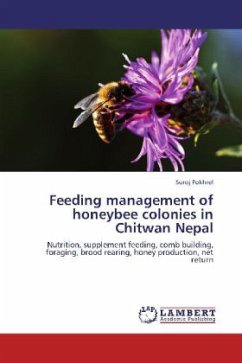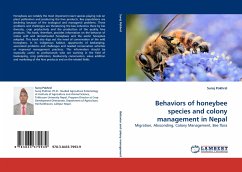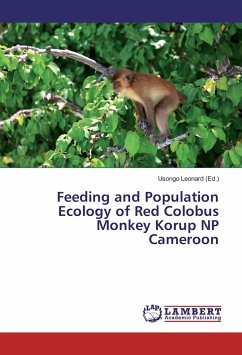Honeybees are notably the most important insect species playing role on plant pollination and producing the hive products however, their populations are declining because of the managerial and ecological problems. These problems and challenges are threatening the bee industries there by bio diversity, crop productivity and the production of the quality hive products. This book, therefore, provides information on the feeding management of domesticated-exotic honeybee, Apis mellifera Lin. during the dearth period and its impact on comb building, foraging (pollen and nectar collection and storage of the hive products), brood rearing, colony strength and the net return in the sub sequent honey flow season/s. This book also digs out the associated problems and challenges and needed improved feeding management practices of the honeybee colonies. This information should be especially useful to beekeepers, professionals who are working in the field of beekeeping, crop pollination, biodiversity conservation, value addition and marketing of the hive products.








